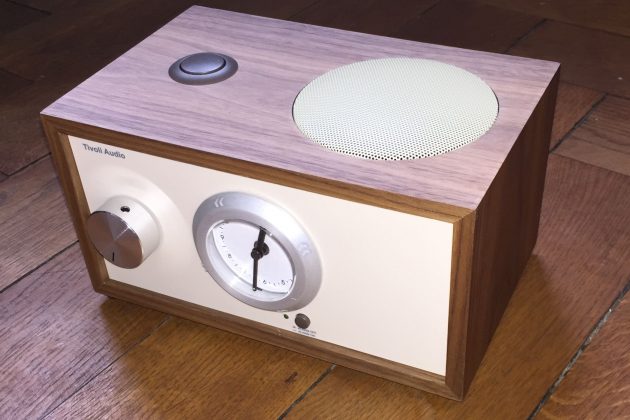HiFiBerry for Business
The new Amp4
We improved our small amplifier:
- Dual domain clock for best audio performance
- More power for the Pi and additional components
DAC2 HD
The best DAC we ever released.
- Lower distortions
- Lower noise
- Higher dynamic range
BEOCREATE 4-Channel Amplifier
Bang & Olufsen CREATE and HiFiBerry have joined forces to develop a simple and elegant solution for the up-cycling of vintage loudspeakers.
Sound up your Raspberry Pi
Create amazing sound on an awesome platform.
HiFiBerry brings you elegant, easy-to-install, high-fidelity playback.

